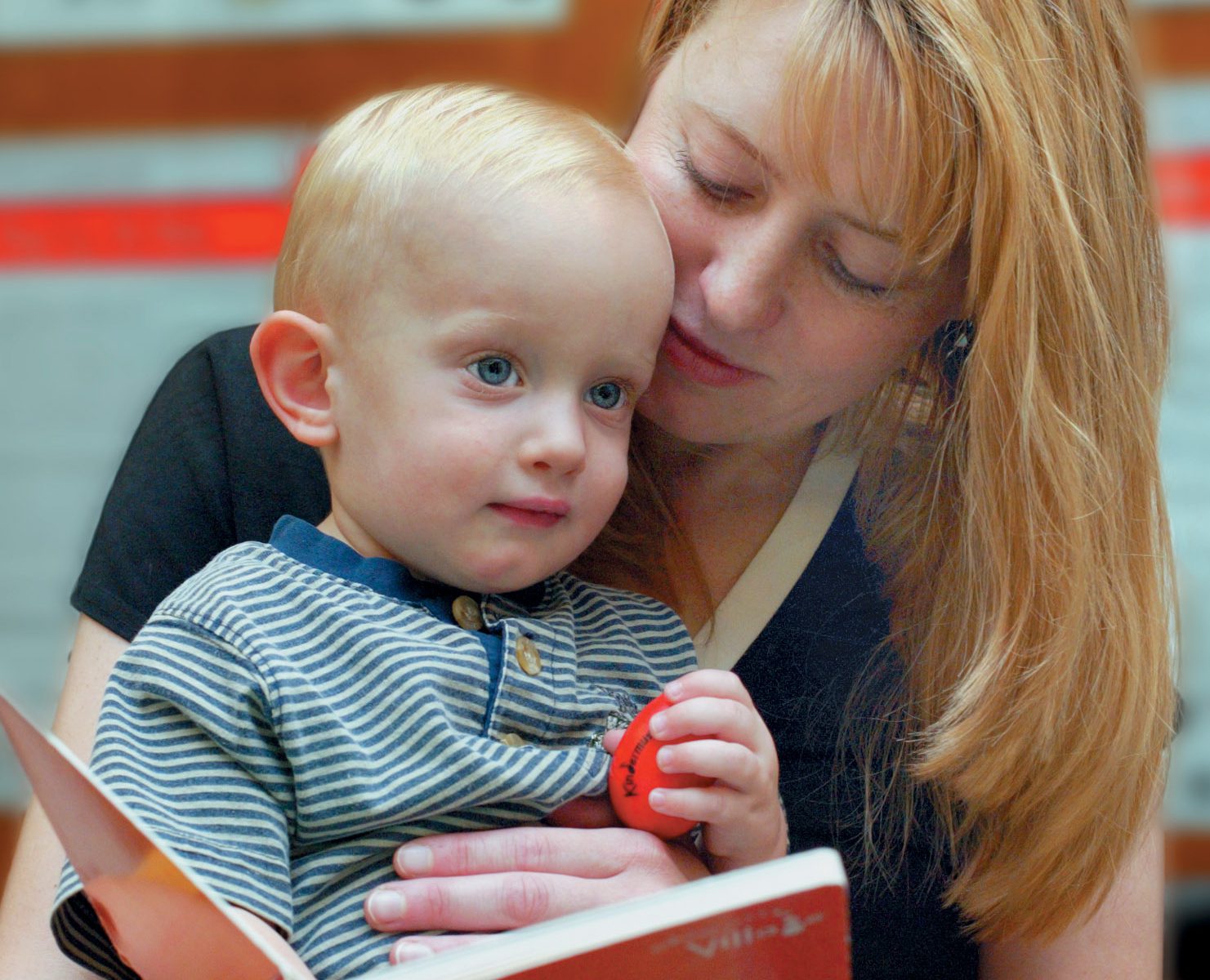 “Repetition continues to be important in the development of language and movement, as it is repeated experiences that reinforce the pathways of the brain. By two years of age, a toddler’s cerebral cortex contains well over a hundred trillion synapses, which is actually some fifty percent more synapses than she will keep as an adult. While new synapses form rapidly during this time frame, a ‘pruning’ process is also taking place. This process strengthens frequently used pathways, while deleting those that are not used. As pruning continues, it will allow your child to process thoughts and actions more quickly and efficiently” (zerotothree.org. 1998-2001)
“Repetition continues to be important in the development of language and movement, as it is repeated experiences that reinforce the pathways of the brain. By two years of age, a toddler’s cerebral cortex contains well over a hundred trillion synapses, which is actually some fifty percent more synapses than she will keep as an adult. While new synapses form rapidly during this time frame, a ‘pruning’ process is also taking place. This process strengthens frequently used pathways, while deleting those that are not used. As pruning continues, it will allow your child to process thoughts and actions more quickly and efficiently” (zerotothree.org. 1998-2001)
Tips for parents:
You can incorporate more repetition in your child’s life in some fairly simple ways. One way is to set aside time each day for reading his or her favorite books together. You’ll probably read his favorites repeatedly! Another way to foster more repetition is to make full use of your Kindermusik home materials, enjoying the music and activities together regularly.
Try a few Kindermusik@Home activities for free today!
– Contributed by Theresa Case, whose Greenville, SC program, Kindermusik at Piano Central Studios, is proudly among the top 1% of Kindermusik programs worldwide.



